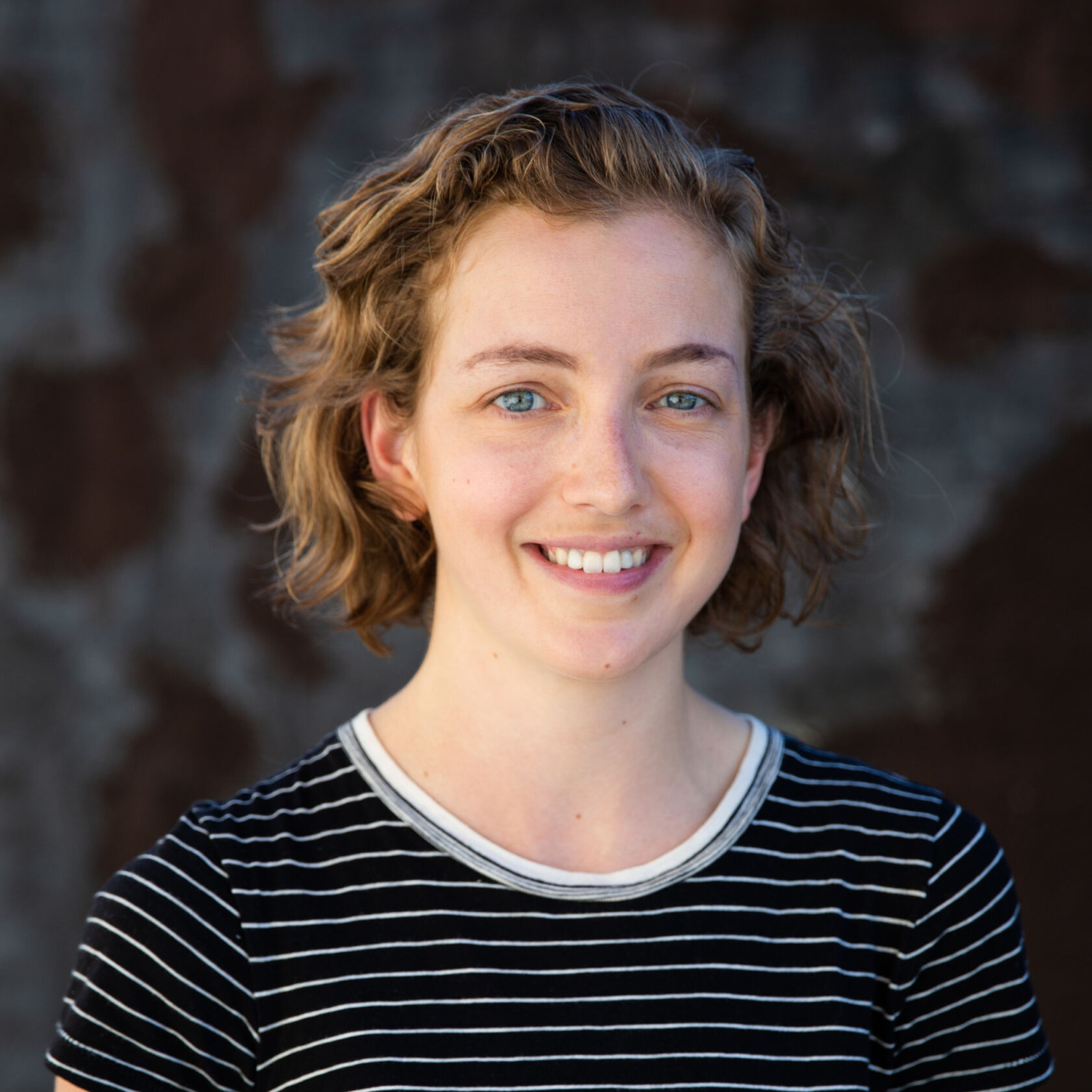“Growing up in rural Ghana in the mid-1980s could be compared to life in the desert,” says Osman Mohammed, Vibrant Village Foundation’s (VVF) new-ish program director for our Ghana field office. He’s from Northern Ghana—the most poverty stricken region in the country—where fulfilling basic needs was a “hydra-headed problem.” Despite challenges, Osman went to school, got his Masters degree, and has spent the last 14 years working with marginalized communities.
Up until a year ago he had been working in Sierra Leone, when in November of 2017 he decided it was time to come home. “A big inspiration for me was wanting to serve my people,” Osman tells me.
At the same time, over 6,000 miles away at VVF’s headquarters in Portland, Oregon, we were questioning our work in the Upper West region of Ghana, specifically the Sissala West and Lambussie districts. There was talk of halting programs all together, but due to the lack of support in the area we decided to continue, but with a fresh start.
So we posted locally for a new program director, and Osman’s application fell into our laps. From our initial phone conversations it was clear that Osman shared VVF’s values and commitment to communities, giving us confidence to move forward. “We hired him without ever actually meeting him, which we knew was a bit of a risk,” Laura Koch, VVF’s Executive Director tells me. Osman was onboarded in January, 2018, and nearly a year later we’re about ready to begin new programs.
When it came to developing a plan, the first item on Osman’s list was understanding what he was walking into. He had to know what he was up against to begin to conceive of solutions to address the most pressing needs. And to understand that, he needed to get to know the community. That meant three months of meetings and discussions with community stakeholders to see what was working and what wasn’t. It was a collaborative approach from the start—Osman continued to ask himself “how can we creatively inspire the community to participate in the process” of transforming their own community.
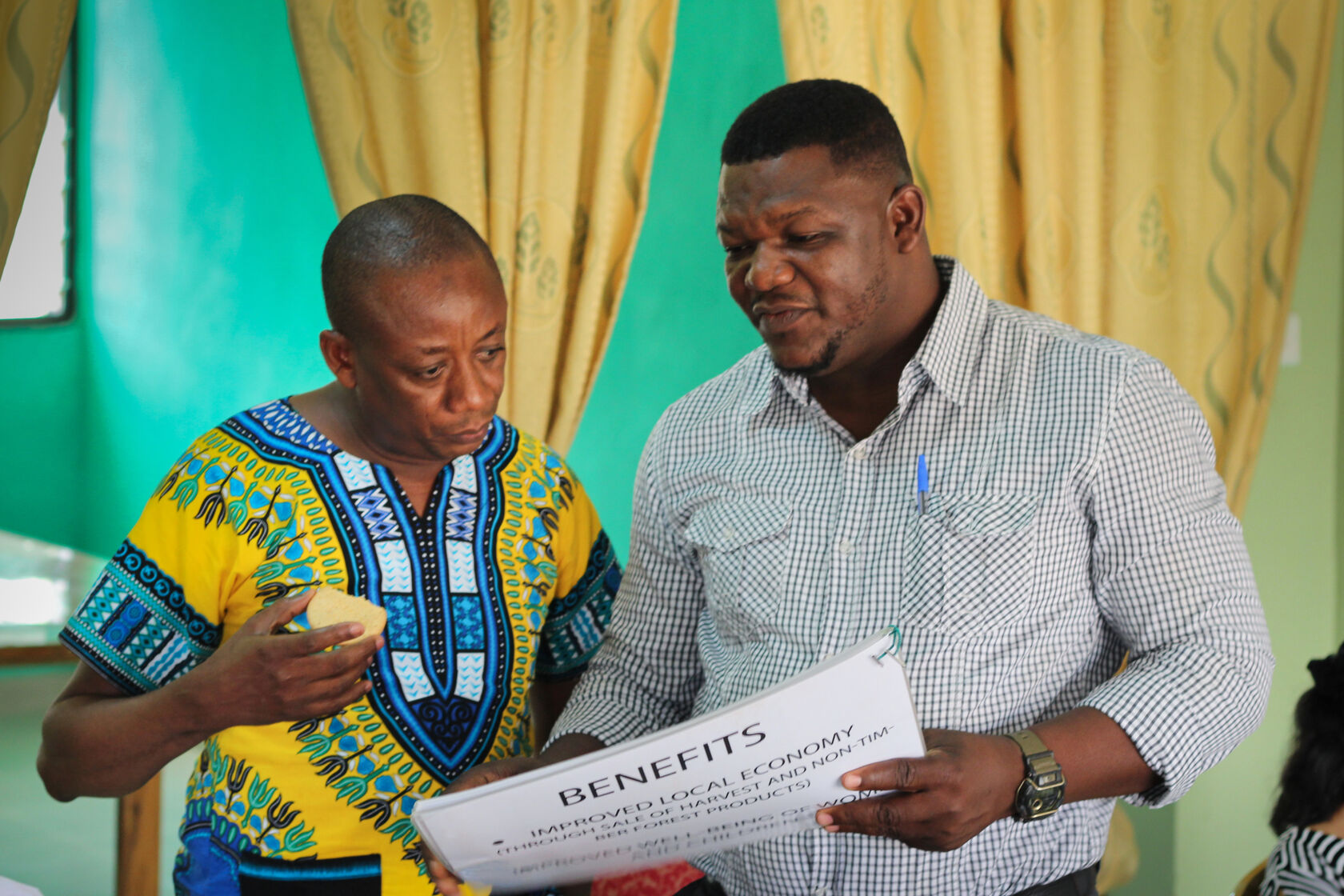
Osman ultimately wrote a 40-page community needs assessment from his findings. From there, a three-year strategy to tackle those needs began to form. The plan was named: The Integrated Program for Poverty Reduction and Social Transformation (INPPREST), which yes, addresses some pretty huge issues. But this is no mistake—we want to dream big and tackle multiple components of poverty. While this aligns with VVF’s fundamental value of taking a multifaceted approach to address the complexities of poverty, founder Ken deLaski says that “in Ghana, we’re planning to do it at a scale we’ve never done before.”
As you might imagine, a lot goes into an “integrated program for poverty reduction and social transformation”, but Osman managed to boil it down to three primary sectors (which, naturally, each have multiple sub-sectors) each with their own easy to remember acronym.
There’s the LIFE program—Livelihoods, Food Security, and Empowerment of Women. The core here is agriculture, which has become a focal point of VVF’s work simply because food security is often the most primary need. “If [communities] have food, then there’s the chance to have a healthy life,” Ken says. In this region of Ghana there’s a particular need, as there’s only one short, 3-4 month rainy season for growing.
Next is the WASH program—Water, Sanitation, and Hygiene, which aims to build upon the successes of VVF’s programming in the region over the past 6 years (which Osman determined were already quite strong).
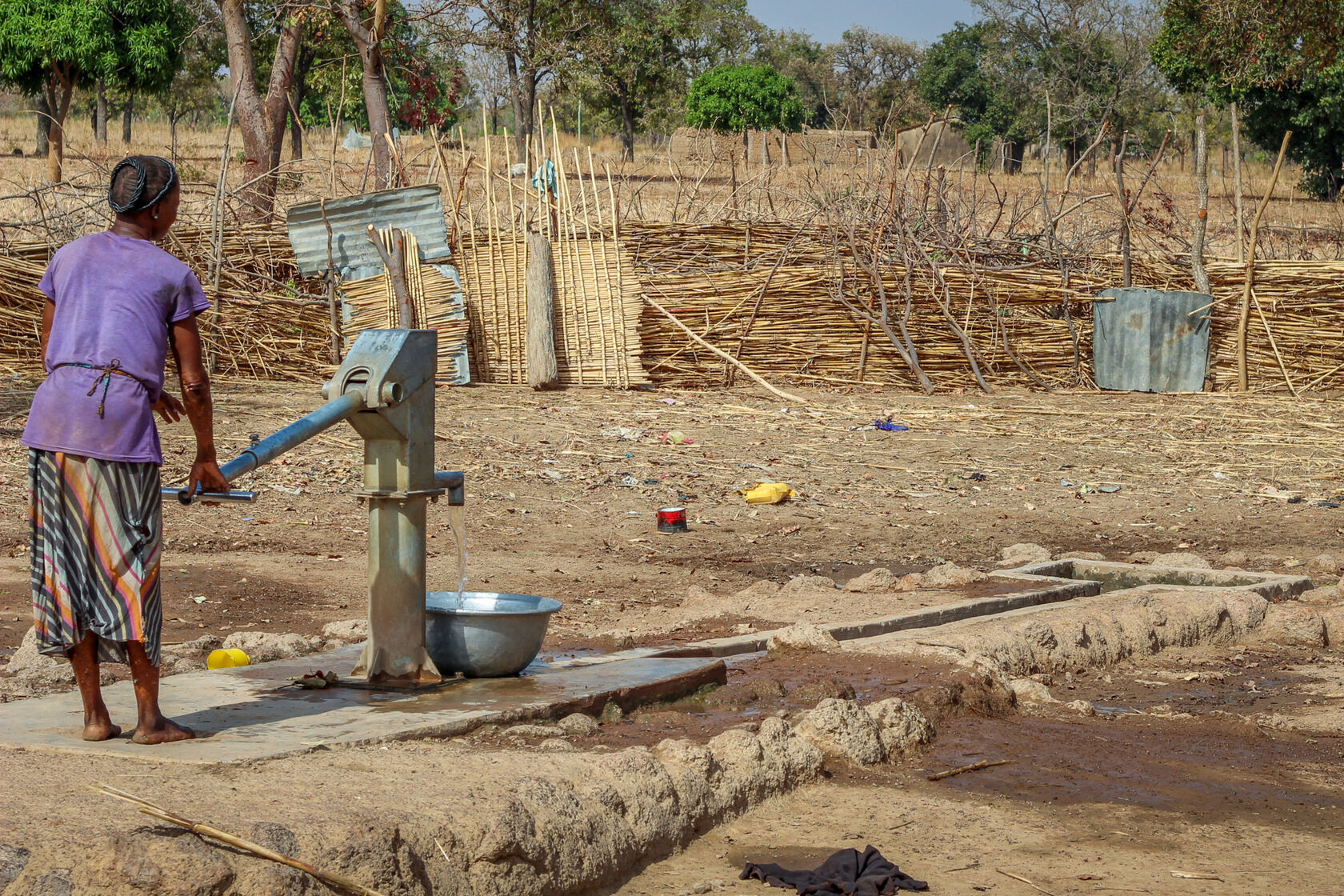
Finally, E-CLIP—Education and Child Protection focuses on education and protecting children against gender based violence.
A strong thread running through the three programs is the emphasis on women and girls empowerment—an area that Osman strongly advocated for. “I looked at the programs that Vibrant Village supports and one thing that was conspicuously missing was about gender issues and child protection. These are key development issues that we need to focus more attention on, particularly if we want to eliminate intergenerational poverty.”
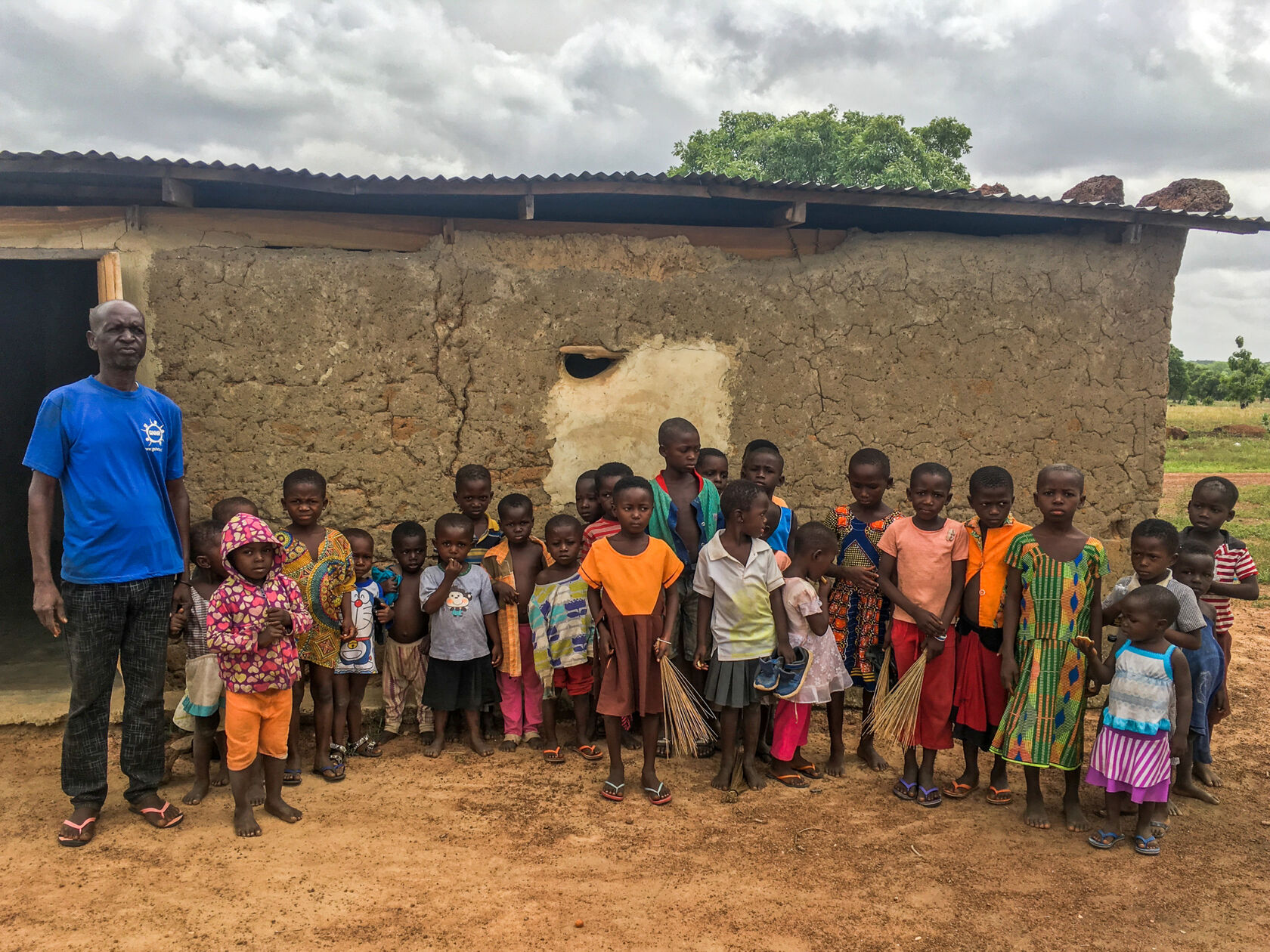
Having grown up in Ghana where these issues run deep, Osman tells me they’re what inspire his work the most. “Child abuse has been with us for a very long time, but because of the culture, it’s not always viewed as abuse. We are missing the point if we [try] to address development issues without looking at this.” Similarly, he explains that men “for a very long time, men have been the beneficiaries of an unequal social structure.”
Ultimately, each sector of the program aims to, as Osman describes, “bridge the gap between men and women, boys and girls, [and work towards] improving everyone’s access to community resources.”
I couldn’t help but wonder how Osman developed this perspective amidst growing up in a remote part of Ghana. He tells me, without pause, it’s because of his mother. “In spite of all the challenges with gender inequality, my mother was able to work hard to take care of me so I could be where I am now. That changed my perspective.”
Like his own family was able to do, Osman “hopes that families can come together to manage their households, rather than filling the roles of what mothers, fathers, men, and women have historically been.”
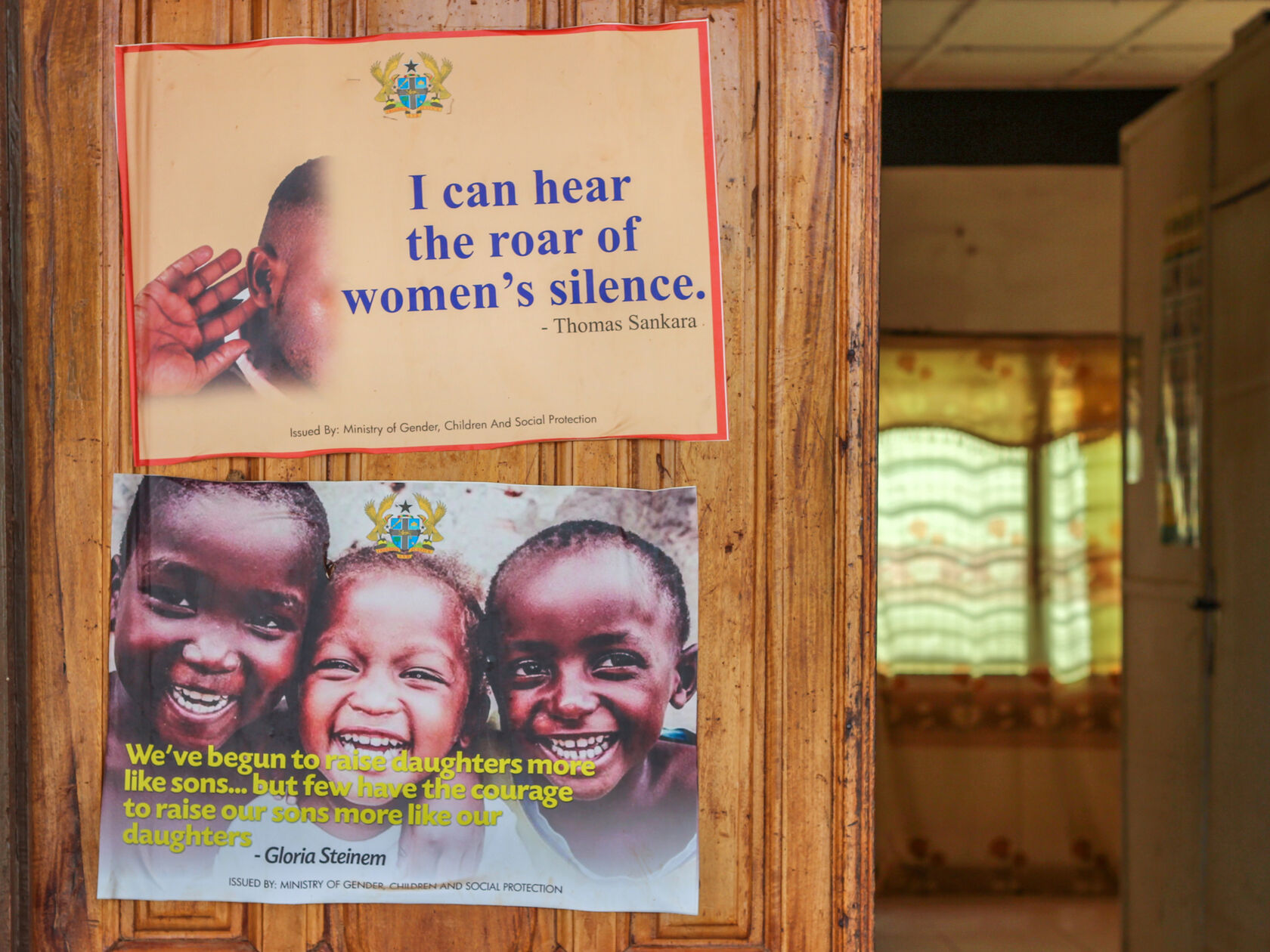
Of course, shifting a deeply ingrained mindset is much more challenging than building schools or installing boreholes, but to see lasting change on a fundamental level, it is necessary. “You focus on the software as well as the hardware,” Osman says.
Osman’s ultimate dream, he tells me, is that 10 years from now “people within the community will appreciate their differences and respect each other.” I find myself nodding when I hear this, thinking to myself that perhaps this is really what we mean when we talk about a “vibrant village.”
But for now, we’re getting our team together, building excitement, and taking it one step at a time. And while it’s impossible to say what will unfold in the coming years, I personally can’t wait to see. Stay tuned.
